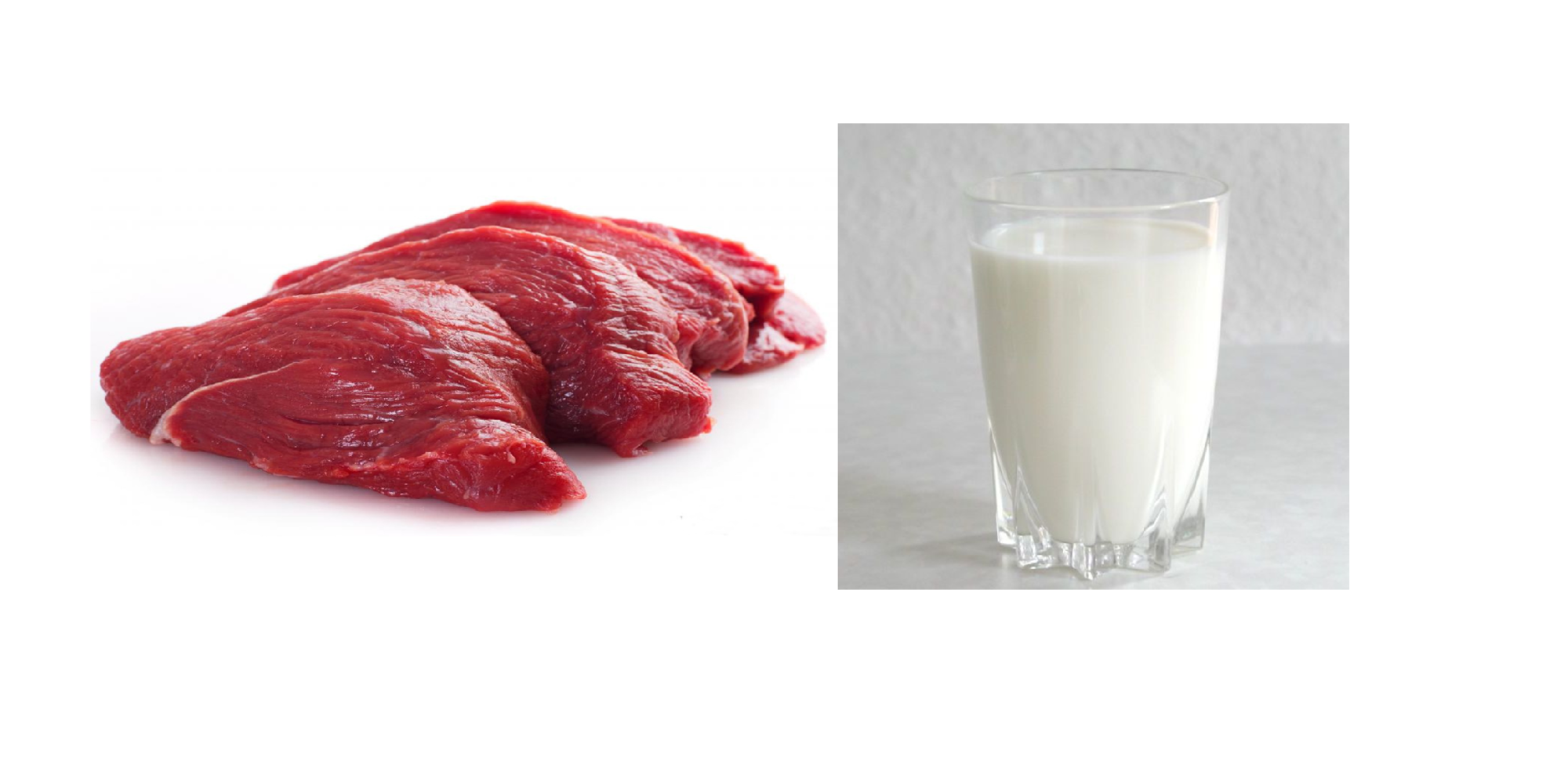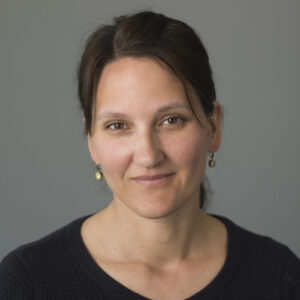NEWPATH: New Pathways to a low carbon society: exploring the beef/dairy system as a ‘community of interest’
In NEWPATH we focus on the beef/dairy value chaing. The beef/dairy system is important because of its connection with sustainable rural communities, the growing demand for beef in Norway, and the targeting of the sector by the authorities for considerable emission cuts. We will explore path-dependencies within different parts of the beef/dairy value chain (ranging from transport to consumption), and how these can limit desirable system changes.

Transitioning from a high to a low carbon society is critical if Norway is to meet its commitments to tackle climate change. This is by no means a simple task. Often societies become structurally, economically and psychologically ‘locked-in’, so that one part of the system reinforces another, making rapid change difficult. However, by identifying and targeting areas of lock-in we can develop policies that enable change across the system.
In NEWPATH we focus on the beef/dairy value chaing. The beef/dairy system is important because of its connection with sustainable rural communities, the growing demand for beef in Norway, and the targeting of the sector by the authorities for considerable emission cuts. We will explore path-dependencies within different parts of the beef/dairy value chain (ranging from transport to consumption), and how these can limit desirable system changes.
An agent-based model has been placed at the centre of our research design. Agent-based models are very useful for understanding emergent system properties as they are able to represent and explore the interactions between ‘agents’, in this case sectors and stakeholders involved in the beef/dairy value chain.
The first step of the project involves understanding how the system looks and functions. For this we have social researchers with experience in agriculture, food, economics and value chains investigating links and lock-ins in both the farming sector and wider sectors of the community. These studies will advise the modelling team who will, in turn, develop an agent-based model of the beef/dairy value chain. This will then be used to create scenarios of change.
These scenarios will be presented to stakeholder groups in order to explore which approaches are most desirable for introducing system change. Who do we target and how? Finally, on the basis of the analysis we will suggest how policy instruments can be directed to facilitate change to a lower carbon system.
Project details
Project number
6322.00
Project period
01/01/2014 - 31/12/2020
Collaboration partners
NIBIO, James Hutton Institute
Financing
The Research Council of Norway
Publications
- Article
2021
- Article
2020
- Article
2020
Contact us
Would you like to get in touch with us?
Fill in the form below and we will answer you as soon as possible.



